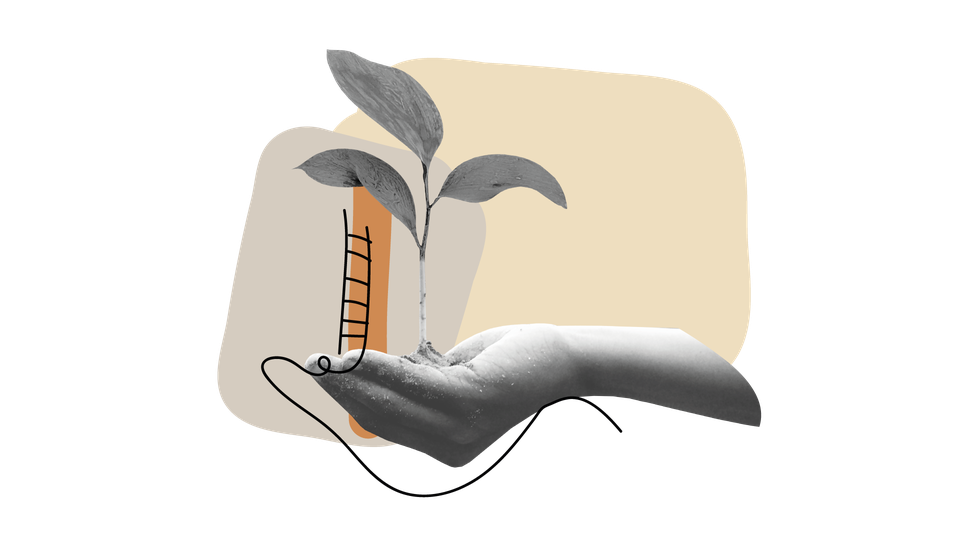The Covid-19 pandemic requires us to draw on some deeply rooted human capabilities that we in the more affluent parts of the world have largely forgotten over the past 50-100 years. It is only in this tiny sliver of time that many (but far from all) of the world’s population have become accustomed to living healthy, long lives, free from the fear of powerful pathogens, arbitrary sickness, and a lottery of death.
The depth and scale of the crisis depend on two dimensions, both of which we have the capability to influence as individuals leading and working in our organizations.
The first is the medical dimension. It is all about the nature of the virus itself and our own biological defenses at an individual and population level. We are learning about that through impressively agile research, data sharing, and medical trials, but there is still much we do not know. We are all humbly grateful for, and dependent on, the scientists who dedicated their careers to understanding virology, epidemiology, and public health, and the frontline medics and carers whose positive impact on the course of the pandemic is felt and valued every day.
The rest of us can also influence these medical factors by ensuring that our organizations help their employees follow the medical advice to reduce transmission, and by freely volunteering ourselves, our services, skills, and assets as part of the global effort.
The second dimension is a social one. How virulent are the ‘social pathogens’ of mistrust, misinformation, fear, panic, and exploitation? And in turn, what are the ways of thinking, behaving, and leading that act as defenses for our organizations, wider society, and economy? How can we build and sustain this ‘social immunity’?
As people who spend their lives trying to help leaders and their organizations to act wisely and effectively in a complex world, we may be able to offer some useful perspectives on this.




)